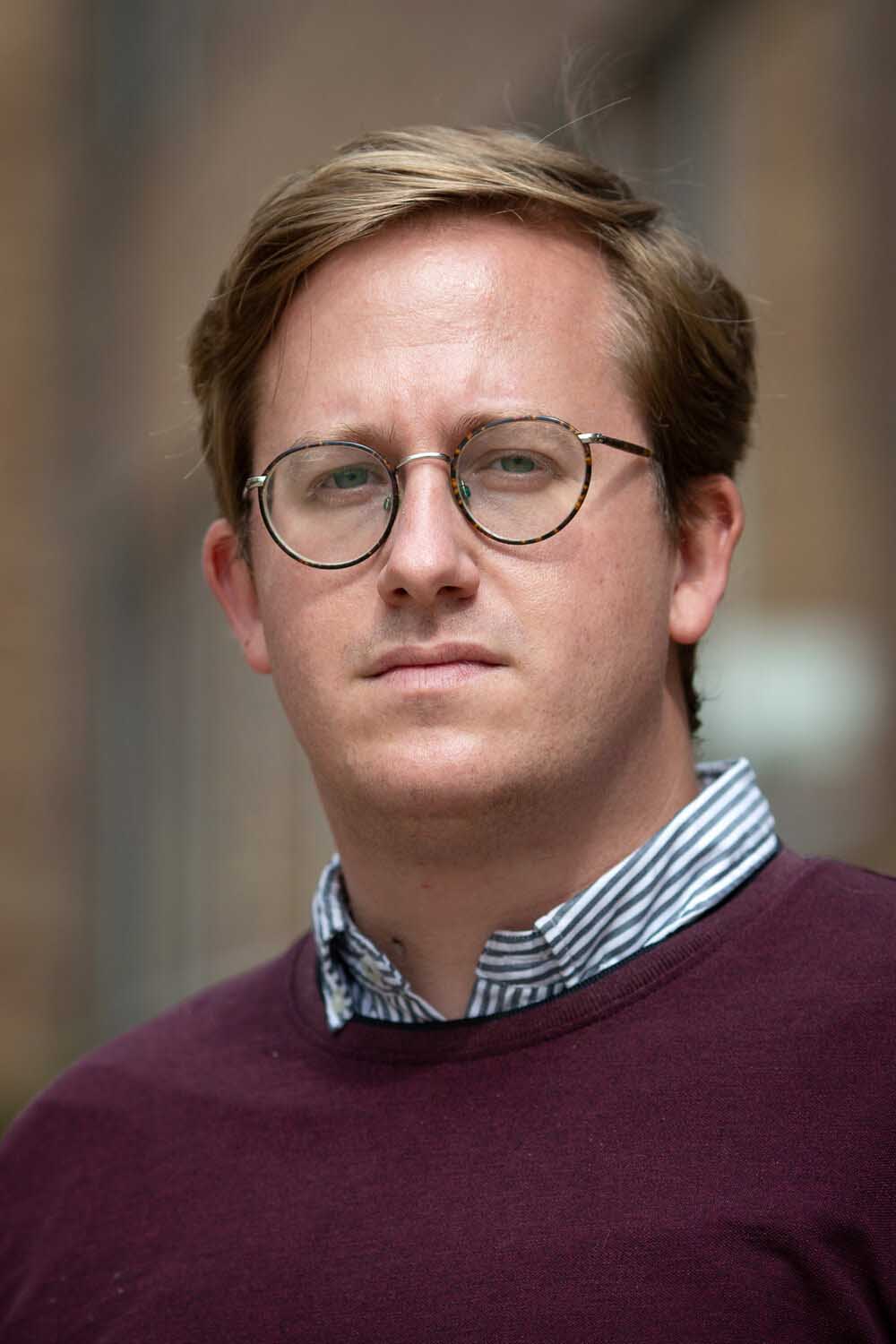ERC Starting Grant for Martin Vinæs Larsen
Should we build more along the river in Aarhus or at Amager Fælled in Copenhagen? Should we cover city roofs with solar cells? Or should we have more green areas? As urban development is often under local democratic control, the answers to such questions often lie with local residents. Associate Professor of Political Science Martin Vinæs Larsen has received an ERC Starting Grant of EUR 1.5 million from the European Research Council to examine public opinion on urban development.

Not everyone expresses the same enthusiasm for new building projects in their own backyard. But why is that? The new POLICITY project by Martin Vinæs Larsen will look into the question. A preliminary hypothesis is that the different opinions of the population on urban development can be explained by the price of their homes: Those who are willing to pay more to live in a specific place are more attached to the particular characteristics of their local community, and are therefore greater opponents to urban development.
Why is your project important?
"If residents don’t accept that their city is changing, it’ll be more difficult to secure access to good jobs and social mobility for newcomers. It’ll also be more difficult to implement the necessary climate protection and climate adaptation. Therefore, it’s essential to understand what triggers popular opposition or support.
Moreover, I’m generally fascinated by trying to understand how residents form opinions about their local community. Most of our political opinions are about relatively abstract things with which we don’t necessarily have any personal experience. Opinions about urban development are completely different. They’re about what our immediate surroundings should look like. I'm excited to learn more about how local residents relate to these kinds of questions."
What does the ERC Starting Grant mean for you?
"It's huge. First of all, it’s a signal that other researchers find my research and my field of research relevant and worth spending money on. Secondly, the will grant allow me to take more chances and to think a little further into the future than I’ve been accustomed to. I'm extremely grateful for this opportunity and can't wait to get started."
What will you spend the EUR 1.5 million grant on?
"It’ll be spent on developing and implementing detailed measurements of public opinion on urban develop across 200 cities in Europe and in the US. I’ll also hire some bright minds to help us understand and explain public opinion."
What will the grant facilitate for you and your research?
"The grant means that our understanding of public opinion about urban development can take a quantum leap. The studies I intend to carry out in the project can be used to test a series of existing research assumptions regarding when and why it can be politically difficult to carry out urban development projects. The data I collect will also be available to other researchers, so it can be used in other projects in the future. Finally, the grant means that I can gather a group of researchers in Aarhus who are passionate about understanding housing policy and urban development."
Further info:
ERC Starting Grants are awarded to promising junior research talents two to seven years after having obtained a PhD degree. Up to EUR 1.5 million is awarded to groundbreaking research projects over a five-year period.
More on Martin Vinæs Larsen and his research: